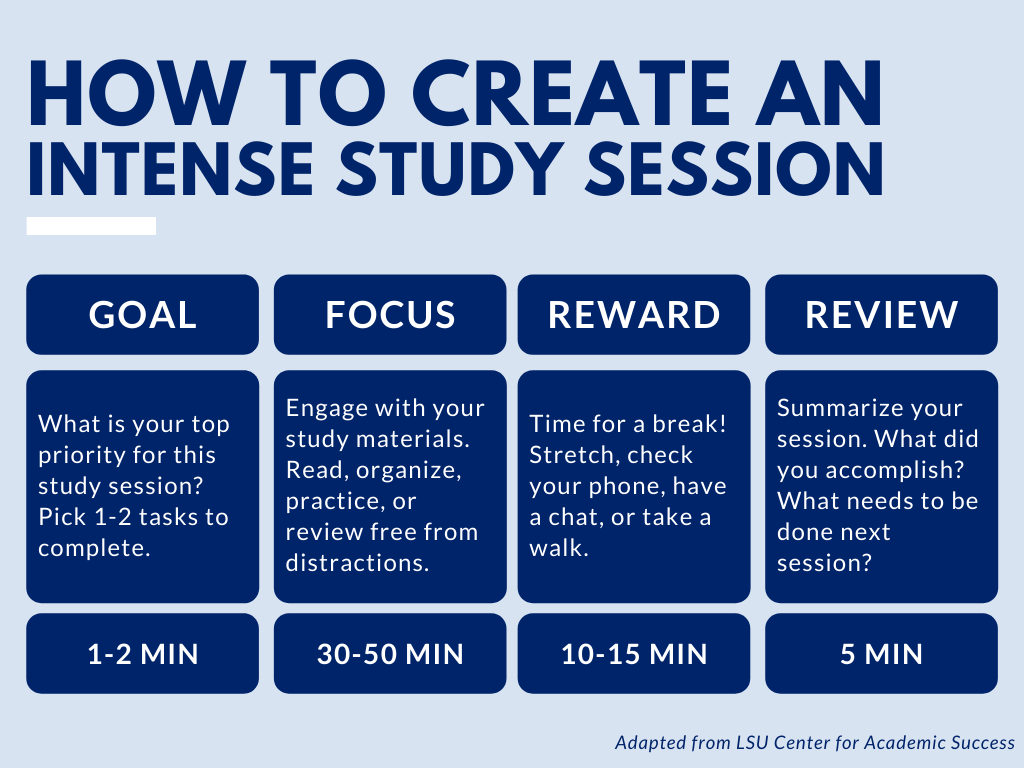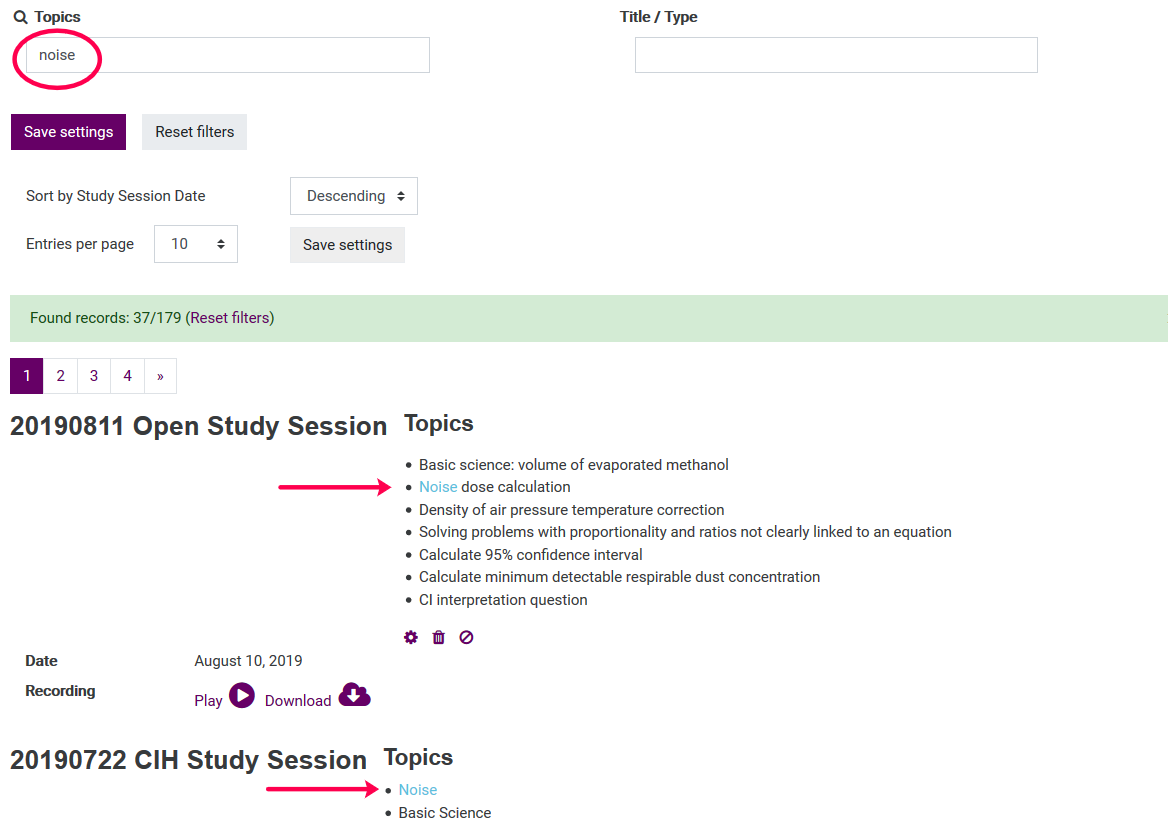
Figure out how long you can stay focused and efficient-it may be just 20 to 30 minutes, but it will probably vary depending on the material-and then plan study sessions of this length throughout your week. These sessions don’t have to be long in fact, brief but intense study sessions tend to be more effective than trying to study for many hours at a time. Schedule several focused study sessions per week for each of your classes. Repeated exposure to the material helps you remember and understand it more effectively. If you’ve followed steps 1 and 2, this will be the third time you’re engaging with this content. Start to plan out how you might want to study the material you learned.

Instead, explain the material to yourself, summarize the key points, ask questions, and think about the big picture. Passively letting your eyes scan over the material won’t actually help much. When you’re reading back through your notes, make sure you’re actively engaging with the material. By reviewing soon after class, while the material is still fresh, you can fill in gaps and figure out what you might need help with. You don’t have to spend a long time doing this, but the sooner you do it the better.

Take some time after class to go back over your notes. Keep track of your questions, and if you don’t get to ask them during class, make a plan to go to office hours or tutoring. Try to stay off your phone/computer during class, unless you need it for an assignment. Taking notes by hand can help you remember the information-especially if you try to paraphrase in your own words. It’s also a great opportunity to gain insight and intuition from your instructor and from other students in your class through asking questions and taking part in discussions.ĭuring class, take notes in a way that will be useful to you. Class time is important, because this is when you get an understanding of the professor’s expectations and areas of focus (e.g., what’s going to be on the test), which will help you figure out what to focus on during your study sessions later (steps 3 and 4). Being attentive and engaged will help you get the most out of the experience.

Of course, going to class is an important step in the study cycle, but just being physically present isn’t enough. If you’ve heard a friend say “I don’t read for class because the professor covers everything in class,” they’re missing a huge opportunity to learn more from the lecture-meaning they’ll need to study more later in order to learn the material. The important thing to keep in mind here is that neither skimming, reading, nor attending class is incredibly effective on its own, but the combination (and sometimes repetition) of the two results in good learning. If your professor provides you with learning objectives or PowerPoint slides ahead of time, make sure to preview those and maybe even print them out to take notes on. If you’re pressed for time, it is okay to skim-focus on headings, introductions, and summary. Even if your teacher does not specifically assign reading, you can use the course schedule on the syllabus to find out what will be covered and preview the content. You will get more out of attending the lecture (step 2) if you already have some context for what you’re about to learn, and you can come into class with questions that you expect will be answered.

This will help you gain a sense of the big picture and anticipate how concepts fit together. Take a look at what you’ll be covering during lecture before you go to class. In the Study Cycle, each step builds on the previous one and distributes your learning throughout the semester, which is much more effective than waiting until the day before the test to study. On the surface, each step may seem obvious, but all too often students take shortcuts and miss important opportunities to benefit from the interplay of each step of the cycle.
#Follow study session 2 how to#
Do you have trouble building study time into your schedule? Do you find yourself waiting until the last minute to study for exams? The Study Cycle, adapted from Frank Christ’s PLRS system by the LSU Center for Academic Success and discussed by Saundra McGuire in her book Teach Yourself How to Learn, is a guide to help you build effective studying into your everyday life.


 0 kommentar(er)
0 kommentar(er)
